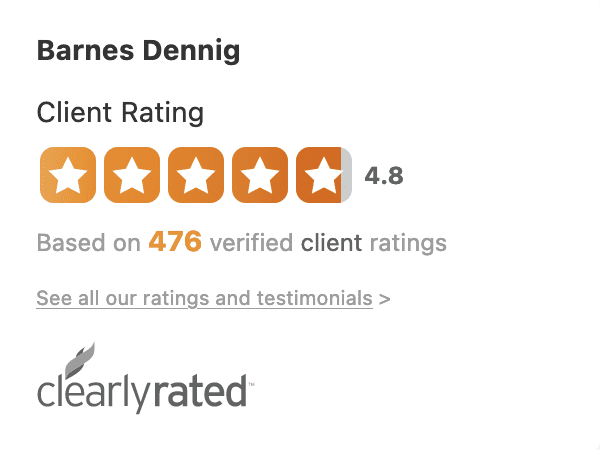Protect Clients and Customers
If you work in or with the healthcare or health insurance industries, the term “HIPAA compliance” is probably part of the running narrative in your head. If you’re new to those industries, brace yourself.
The Health Insurance Portability and Accountability Act (HIPAA) requires the protection and confidential handling of protected health information (PHI), both in paper and electronic forms (ePHI). Compliance is required for any organization that stores, processes, or handles any type of PHI.
PHI is a lot broader than you might think. It includes any “identifiable health information that is used, maintained, stored, or transmitted by a healthcare provider, health plan or health insurer, healthcare clearinghouse, or a business associate of a HIPAA-covered entity.” That might be a diagnosis or a treatment plan – which tend to come to mind when we think of healthcare. But PHI is also a name, address, email, or any unique identifying number or code you or your client use to track the people served (among other things).
Whether you’re a covered entity or a business associate of a covered entity, Barnes Dennig can help you understand and meet HIPAA rules.
See how we can help you ensure you implement the appropriate safeguards to protect the PHI in your care.








